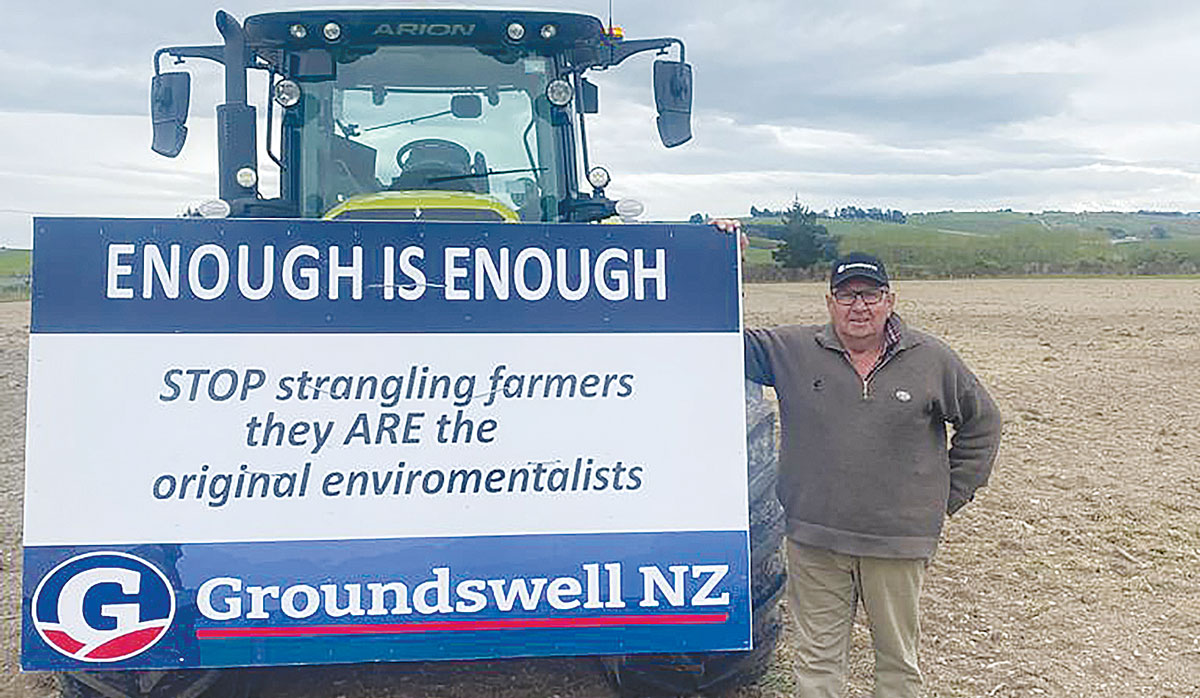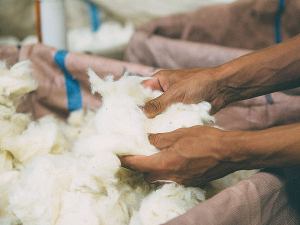The decision to carpet 800 small and remote New Zealand schools with synthetic carpets has been labelled a ‘slap in the face’ by critics.
The Ministry of Education elected to award the carpet tender to American manufacturer Miliken Group, which manufactures solution-dyed carpets, chemical products, textile materials, and healthcare goods. The contract has been valued at $8 million.
The move, part of the Government’s Improving Classrooms for Small and Remote Schools, has left some questioning why locally sourced wool carpet wasn’t used instead.
Federated Farmers meat & wool chair Toby Williams went so far as to say it was ‘absolutely ridiculous’ to install petroleum-based synthetic carpets rather than natural alternatives.
“This decision completely flies in the face of all the Government’s rhetoric about improving sustainability, protecting the planet, and phasing out single-use and hard-to-recycle plastics,” Williams says.
“Just this week they’ve been patting themselves on the back for banning plastic bags, cutlery, straws, and fruit stickers – then they turn around and make a decision like this? It just doesn’t add up,” he says, in reference to the fact that legislation banning almost all single-use plastics came into effect on 1 July.
“To carpet the average Kiwi home in synthetic carpet is the equivalent of having 22,000 plastic bags on the floor,” Williams claims.
“What do they think happens with all those nylon carpets when people are done with them? They go straight to landfill.
“The Ministry for Education say they chose to go with synthetic carpets because they presented better ‘value’. I’d question who for – because it’s certainly not the environment or our rural communities.”
Williams isn’t alone in his opposition to the decision.
Earlier this week, rural lobby group Groundswell NZ’s co-founder Bryce McKenzie said wool farmers had a lot to be furious about with the decision.
“They are already facing crippling losses and instead of supporting local businesses and producers, our Government is sending our taxes offshore rather than putting them back into Kiwi communities,” McKenzie says.
 |
|---|
|
Groundswell NZ co-founder Bryce McKenzie (pictured) says wool farmers are already facing crippling losses.
|
“Politicians have told farmers repeatedly that consumers want lower emissions and more sustainability and we have challenged that price is always the final dictator of purchase decisions,” he says. “This proves that when the New Zealand Government is the consumer, they put price above sustainability, disproving their own theory.”
McKenzie says the decision demonstrates that the Government isn’t conscious of a need to see taxes reinvested locally.
“They are not committed to putting New Zealand producers and businesses before multinationals and overseas corporations and they would prefer to have kids sitting on synthetic plastic instead of natural fibres.”












